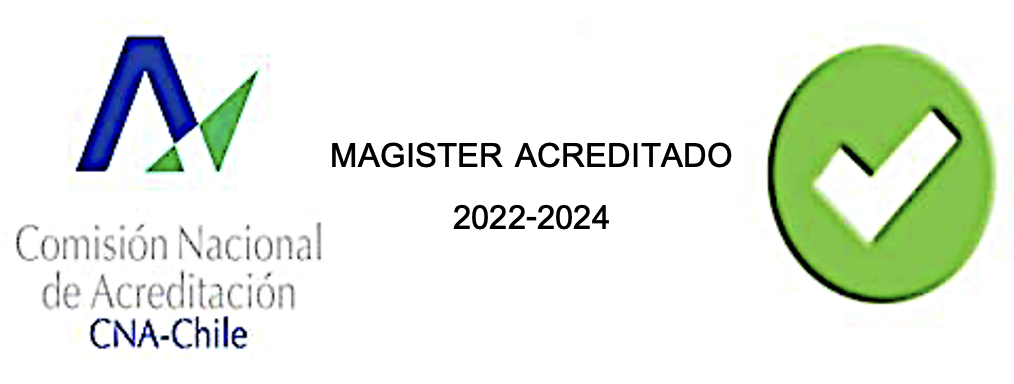PROGRAM OBJECTIVE AND STRUCTURE
Objective
This program is designed to train graduates with a high professional level who possess the skills to apply mathematics to the quantitative analysis of dynamic and evolutionary systems.
Applicant Profile
The Master in Applied Mathematics is aimed at graduates in mathematics, physics, chemistry, civil engineers, mathematics teachers, and professionals with extensive mathematical training at an undergraduate level.
Admission Requirements
According to article 24 of DR 163/2010, to be admitted to The Master in Applied Mathematics program, the applicant must have one of the following academic degrees: degree in mathematics, a degree in engineering science; or, of a professional title whose level (content and duration of studies) is equivalent to that required for a bachelor's degree, such as, teacher of Middle Education in Mathematics. A weighted average of grades (not including the final degree activity) greater than or equal to 5.0 (on the scale 1-7).
Areas of expertise
Upon completion of the first semester, the student must choose a line of specialization in the “Optional course” section located in the second semester of studies. In its first version, the program offers the following areas:
-
Differential equations.
-
Numerical methods.
-
Transportation phenomena.
-
Computational Simulation.
Department of Mathematical and Physical Sciences
School of Industrial Process Engineering
School of Computer Engineering.
Graduate Profile
The graduate of The Master in Applied Mathematics is a postgraduate professional who has the competence to apply mathematics to the analysis of complex systems and processes in the field of transport phenomena. Specifically:
-
Formulate differential equations as mathematical models, in the field of transport phenomena, to obtain a quantitative relationship between the relevant variables of the system.
-
Solve differential equations as mathematical models, using numerical and analytical techniques, to obtain quantitative values of the system response variable.
-
Use computer programs in the solution, analysis, and application of differential equations to the improvement of complex systems in the field of transport phenomena.
-
Communicate scientific-mathematical information with technical rigor and clarity in the field of applied mathematics.










